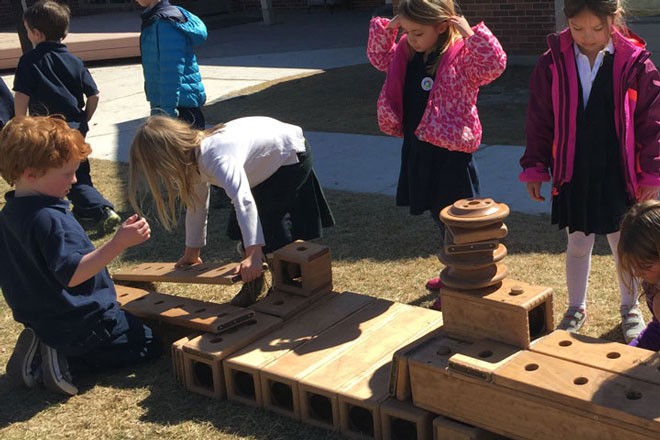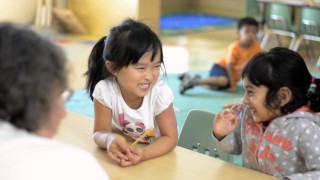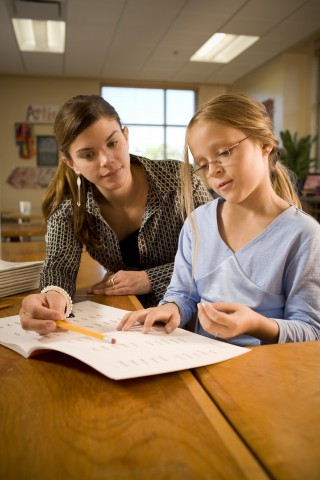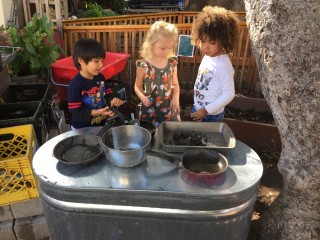In an article published in the journal Science, Denver University Professor Douglas Clements made the case that there is not a time in a student’s academic life more important than preschool, and no learning more important than building a solid understanding in mathematics. “Mathematical thinking is cognitively foundational,” asserts Dr. Clement. “Preschool children’s knowledge of mathematics, predicts their later school success into elementary and even high school. Further, it predicts later reading achievement even better than reading skills, and the study of mathematics in high school predicts college science achievement across subjects.”
To improve mathematics learning in young children, Dr. Clements and his colleagues have designed research-based interventions that “positively affect children’s competencies in mathematics and beyond.” One of the most successful of these interventions is the Building Blocks mathematics program and associated learning trajectories he and his wife, Dr. Julie Sarama, designed.
Carol Blackwell, principal of Rowland Hall’s Beginning School, has followed the research for years and our preschool fully embraces the philosophy of learning behind block building.
“Blocks are a versatile play material,” she says. “You can teach all areas of the curriculum with blocks.” Her latest addition to the Beginning School’s block supply is a set of heavy-duty blocks for playground use. The large, sturdy blocks come in a variety of shapes and sizes with connecting pieces.
On a sunny March day, a group of our students joined together on the playground to explore the weight, size, form, and function of their new outdoor tools. The young learners unloaded the substantial blocks from a weatherproof container and began to freely demonstrate real-world problem solving and cooperative learning. The schoolyard was a busy place that day. Children learned and teachers guided with careful attention to provide a morning full of endless possibilities.



